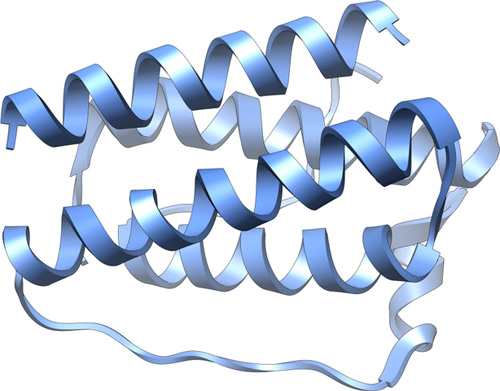Leptin, a hormone of intense interest because it acts on neurons to regulate appetite and weight, is now known to act on another cell type: astrocytes. The finding promises to enhance therapies meant to suppress hunger and control metabolic disorders such as obesity.
If obesity is to be checked by means of drugs, it will be necessary to know more about the various ways the body maintains homeostasis, or energy balance. The modulation of homeostasis, via hormones and neurotransmitters that activate different biochemical pathways and neuronal circuits, is at least as complicated as the operation of a pipe organ, where pressurized air may be channeled any number of ways by means of various knobs, couplers, and pedals.
The finding that leptin may act through astrocytes as well as neurons is almost like uncovering a new control on an organ console, raising the possibility that drug developers may exploit this new target to help people maintain a healthy weight and avoid obesity, rather like an organist might produce beautiful harmonies instead of cacophonous blasts.
Leptin, one of the molecules that signal the brain to modulate food intake, is produced in fat cells and informs the brain of the metabolic state, exerting, when necessary, a hunger-blocking effect on the hypothalamus. If animals are missing leptin or the leptin receptor, the signals that ordinarily serve to control food intake may not travel from the body to the brain as needed. Animals may then eat too much and become severely obese.
Leptin's effect on metabolism has been found to control the brain’s neuronal circuits, but no previous studies have definitively found that leptin could control the behavior of cells other than neurons.
To test the whether leptin could also act via glial circuits, a team of scientists at Yale led by Tamas Horvath, Ph.D., selectively knocked out leptin receptors in the adult non-neuronal glial cells of mice. The team then recorded the water and food intake, as well as physical activity every five days.
The scientists published their results June 1 in Nature Neuroscience, in an article entitled “Leptin signaling in astrocytes regulates hypothalamic neuronal circuits and feeding.” The scientists reported that the conditional deletion of leptin receptors that were expressed in hypothalamic astrocytes “led to altered glial morphology and synaptic inputs onto hypothalamic neurons involved in feeding control.”
The added that leptin-regulated feeding was diminished, whereas feeding after fasting or ghrelin administration was elevated in mice with astrocyte-specific leptin receptor deficiency.
“Up until now, the scientific community thought that leptin acts exclusively in neurons to modulate behavior and body weight,” said Dr. Horvath. “This work is now changing that paradigm.”
“Glial cells provide the main barrier between the periphery and the brain,” Dr. Horvath added. “Thus glial cells could be targeted for drugs that treat metabolic disorders, including obesity and diabetes.”







